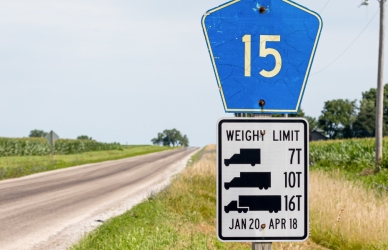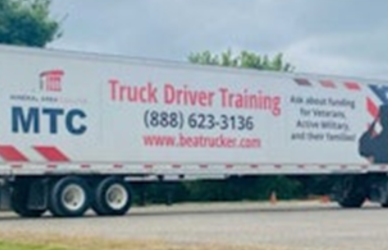Legislation revisiting one-year-old rules on pain-and-suffering damages in incidents involving large trucks is under consideration in two Midwestern states.
During the final stages of the 2023 regular session in Illinois, a tort bill gained momentum and reached the governor’s desk in a last-minute push. Governor J.B. Pritzker subsequently signed into law an amendment to the Wrongful Death Act, allowing juries to award unlimited non-economic damages in wrongful death lawsuits.
The amendment extends this provision to civil litigants and survivors alike. Despite opposition from groups like the Owner-Operator Independent Drivers Association (OOIDA), the law took effect in August.
Representative Ryan Spain has introduced HB4992 to cap non-economic damages at $2 million per plaintiff, currently in the House Rules Committee.
“It is hard to imagine a more ill-advised piece of legislation that benefits no one other than trial lawyers,” Spencer said. “… To preserve Illinois’ ability to maintain this status, it is the intent of this (bill) to preserve the economic health and strength of the industries that help make this possible.”
In Iowa, legislation introduced revisits a year-old rule on pain-and-suffering damages in lawsuits involving commercial vehicles.
In 2023, the state addressed nuclear verdicts by capping pain-and-suffering damages in truck-related lawsuits at $5 million. However, Senate File 2224, sponsored by Sen. Molly Donahue, aims to reverse these changes.
The bill covers tort liability in civil actions involving large trucks, eliminating the $5 million cap on non-economic damages and potentially holding employers liable for negligence related to hiring and supervision.
“[It amounts to] nothing more than a money grab by the plaintiff’s bar so they can obtain larger verdicts and settlements in Iowa,” said Doug Morris, OOIDA director of state government affairs.
OOIDA opposes this bill and urges Iowa members to contact their lawmakers to express their opposition.
“Not only would it be necessary to defend the actions of the driver but also the hiring practices of the employer, which gives plaintiff attorneys several more bites at the apple,” Morris said.
SF2224 is currently in the Senate Transportation Subcommittee.
Source: Land Line











